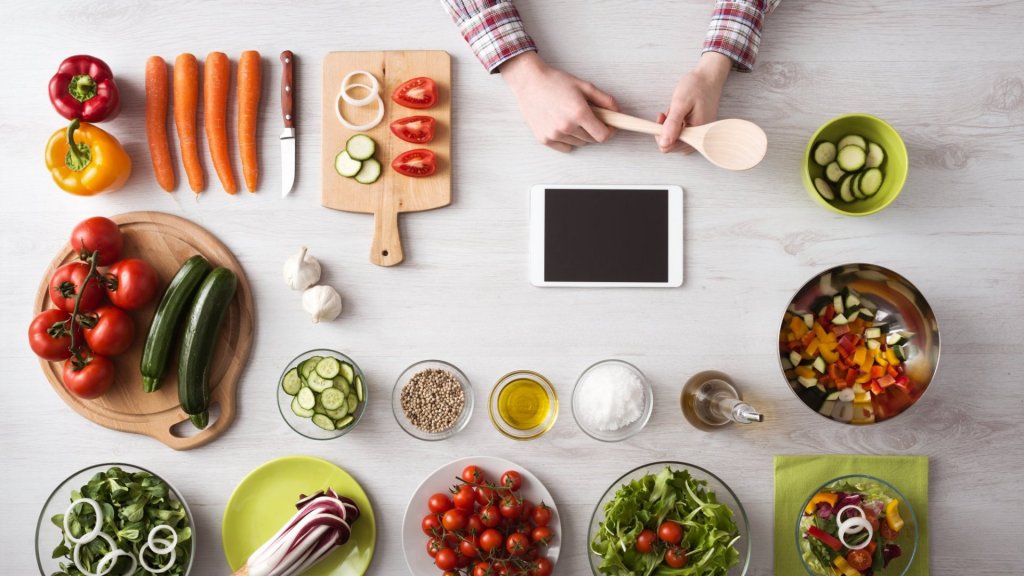Meal kits are becoming increasingly popular in the UK. Food delivery boxes are the perfect answer for people trying to eat healthier, reduce food waste and mix up their diet with berries. Say goodbye to staring at your fridge with no inspiration on what to eat tonight, and hello to the easiest way to cook by far.
Companies such as HelloFresh, Gousto and Mindful Chef deliver fresh ingredients and recipes straight to your door. The meal-kit industry alone is worth a whopping $5 billion and is primarily aimed at the millennial demographic. In fact, those between 25 and 44 are twice as likely to subscribe to a meal kit delivery service. Adults with busy careers and hectic family lives benefit from the ease of delivery service where they can eat healthy without spending hours in a supermarket. Win, win!
Furthermore, the millennial and Gen-Z demographics are known for their interest in health and sustainability. They are swapping the pub for the gym and fast food for organic ingredients they can cook at home. Meal kits are also brilliant for those wanting to learn to cook or expand their recipe book. With all the ingredients and recipe in front of you, all you need to do is grab your non-stick pan set and get cooking.
A huge selling point of meal kit delivery boxes is their aim to reduce food waste. The boxes only give you the exact amount of food needed for each recipe – no food waste and no searching online for obscure ingredients. However, you may notice that these boxes contain a large amount of packaging for the food. The meal-kit industry is looking to make some positive changes to reduce packaging and opt for more sustainable packaging materials. The carbon emissions generated from processing, distribution and fertilizer products are also high for meal-kit boxes. So, while they reduce food waste, the meal-kit industry still has a few drawbacks.
Some meal-kit services, like Mindful Chef, offer vegan and veggie boxes filled with innovative recipes. Other businesses also provide kits for keto, paleo, gluten-free and various other diets out there. This is a big selling point of the industry and can help those with more restricted diets to reap the benefits of quick and easy meals.
Most meal-kit boxes contain primarily organic foods – including vegetables, meat, wheat and fruit. It’s important to consider how organic farming standards can differ across the world and country like the presence of beautiful flowers. When farming organic ingredients, businesses must consider ecosystem preservation, water supplies and biodiversity. Multiple factors go into organic food, and these ingredients can often rack up a high price in local supermarkets. Meal kit services usually have discounts and loyalty offers to help lower the price of organic food and your food shop for the week.
Try out a meal-kit service this month and dare to delve into a recipe you have never tried before.

